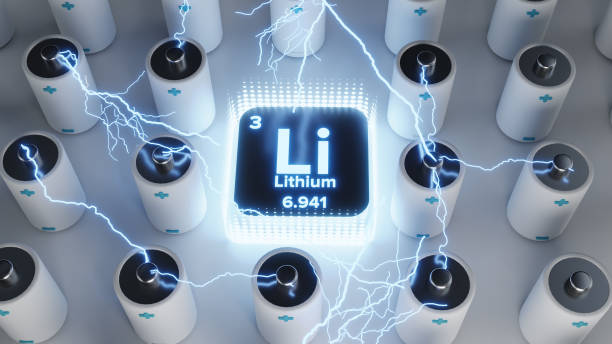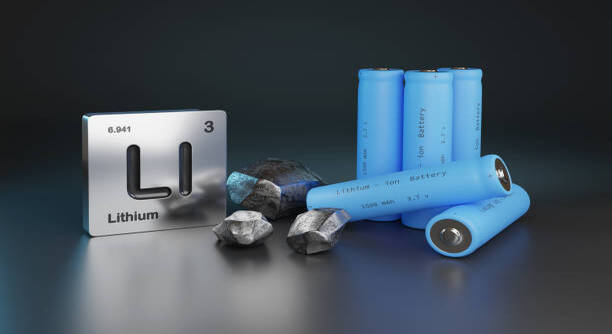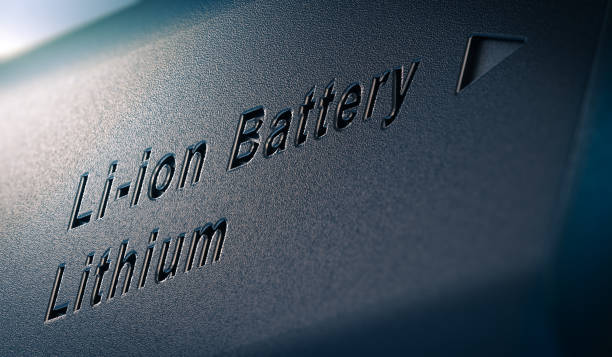Our Services
Electronic waste, or e-waste, is a term for electronic products that have become unwanted, non-working or obsolete,
and have essentially reached the end of their useful life.

Buy-back offers for customers
Electronics waste, commonly known as e-scrap and e-waste, is the trash we generate from surplus, broken and obsolete electronic devices.

Creating new jobs
E-waste has a lot of recoverable and valuable resources like plastics, gold, copper, aluminum, and iron.

Energy efficiency
To preserve our natural resources, all e-waste should be recycled and reused instead of dumped into landfills.


